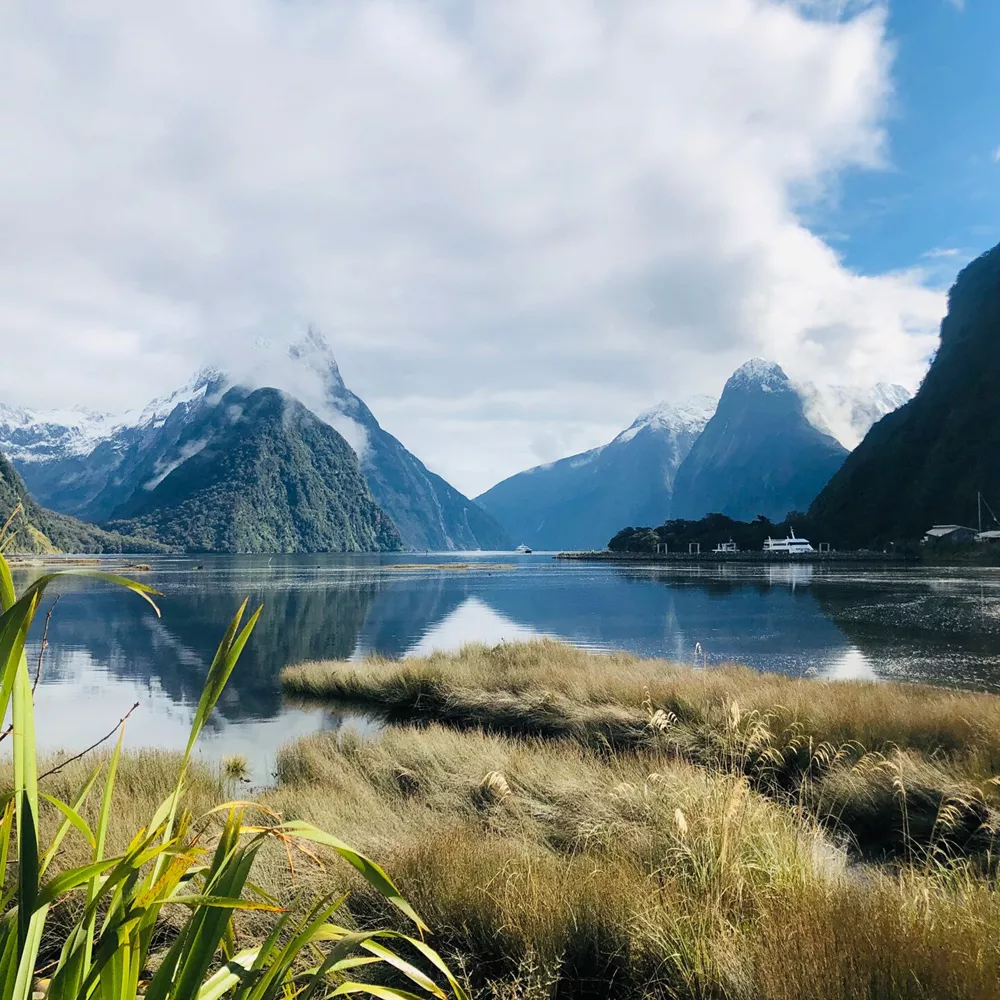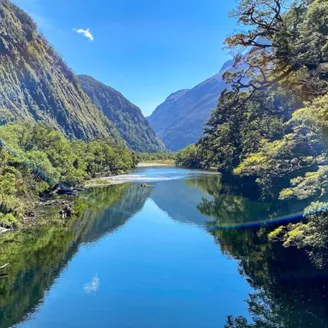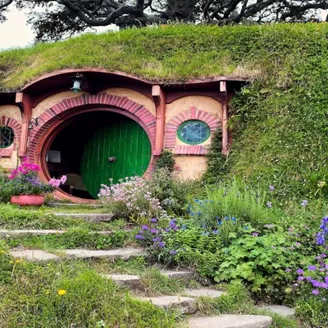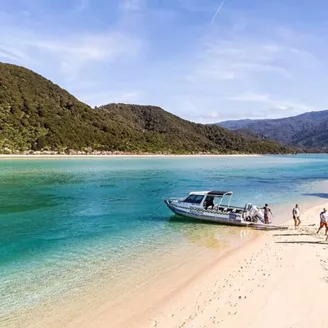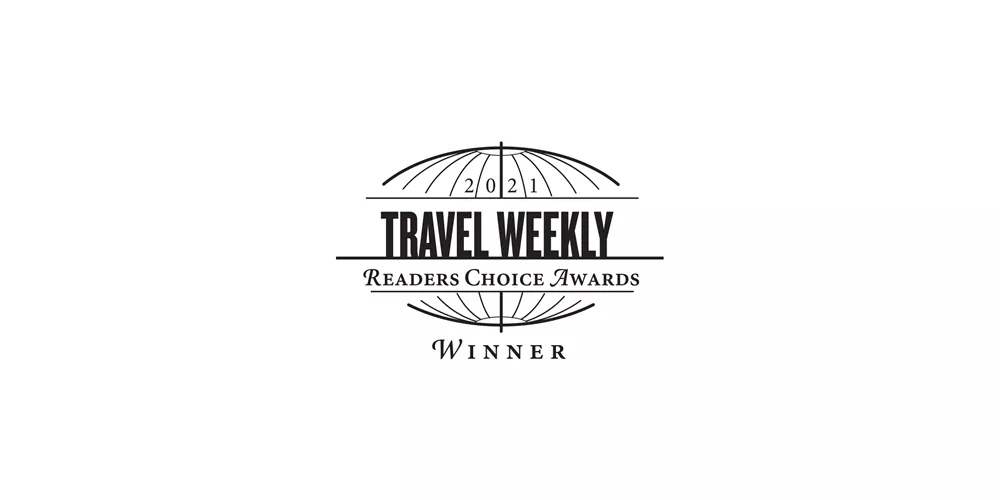
Selected Region
United States

Selected Region
United States
Copyright 2026 Trafalgar. All rights reserved.
MAKE TRAVEL MATTER® is a trademark of The TreadRight Foundation, registered in the U.S. and other countries and regions, and is being used under license.


